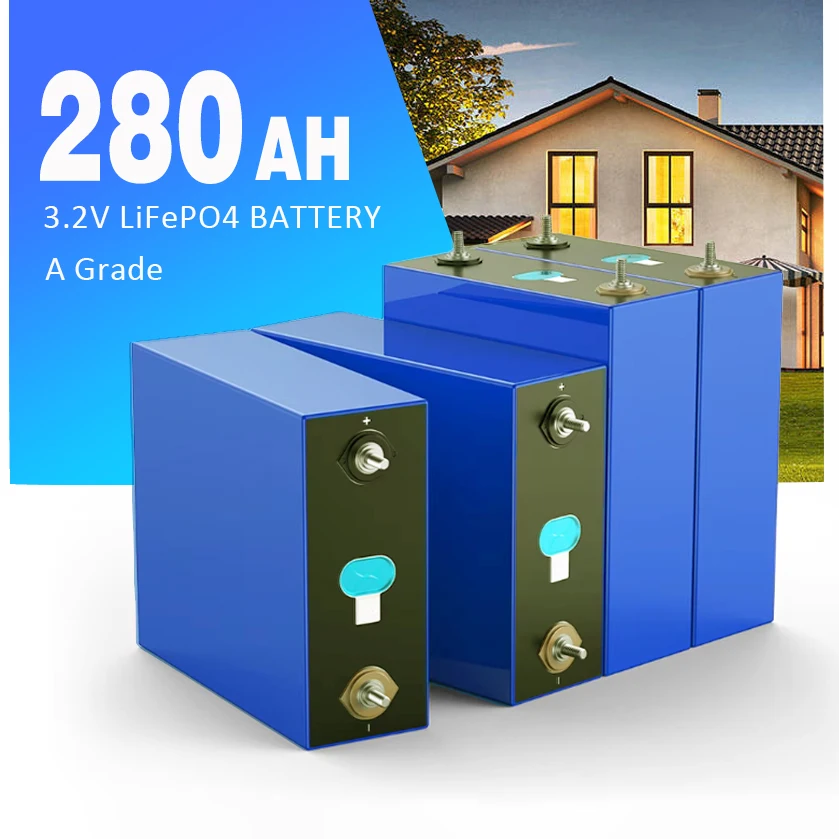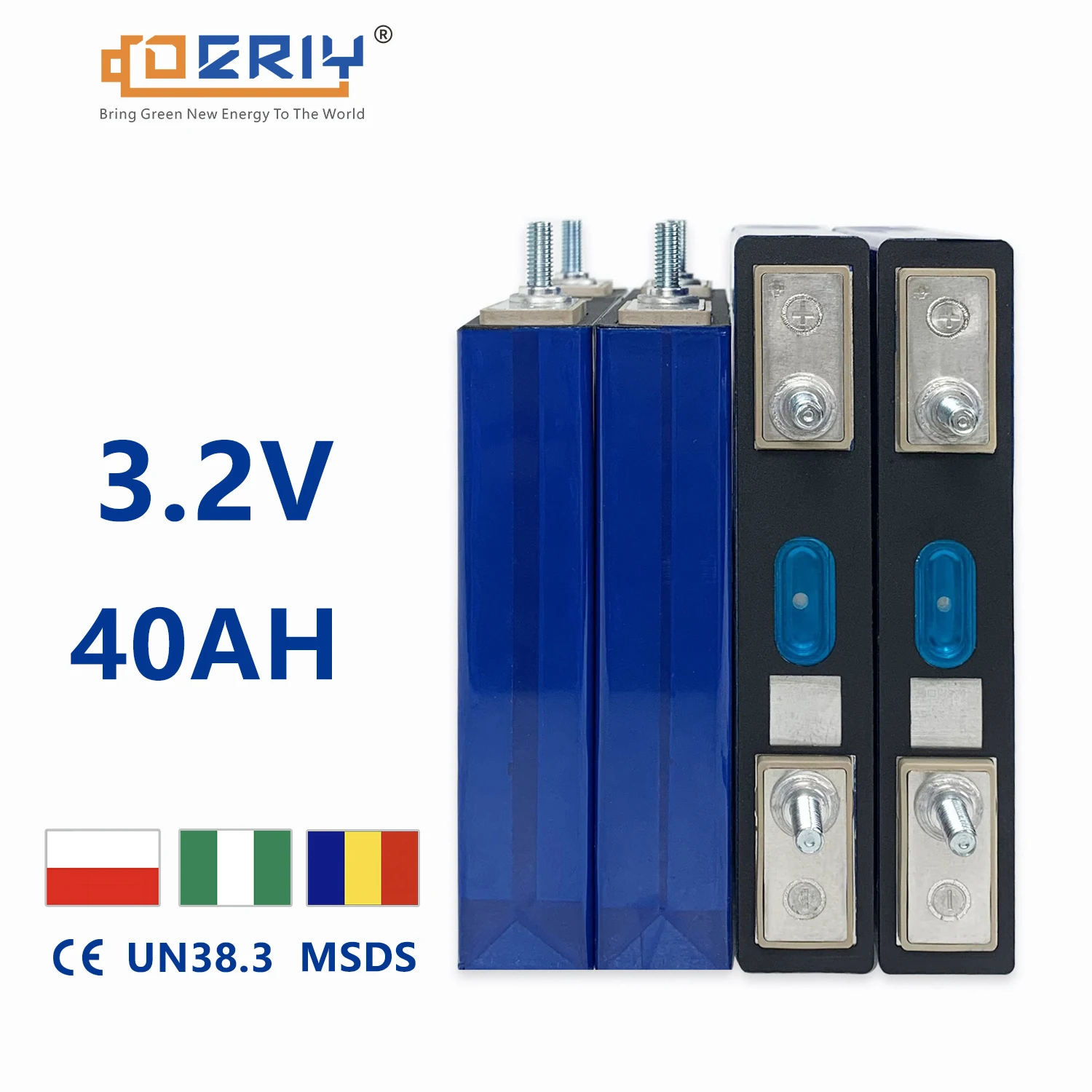
Comply with these guidelines whilst using LFP batteries: make sure the charger used is compatible with LFP chemistry. Do not overly punish the battery with high discharge currents. For powering solar energy storage systems, the battery capacity should be properly aligned with the load requirements. If the battery is used in an EV, the driver should accelerate slowly in order to avoid creating sudden high power demand situations. Keep the batteries dry and clean. In the case that multiple batteries are connected in a bank, make sure the charge and discharge ports are balanced to prevent performance issues
